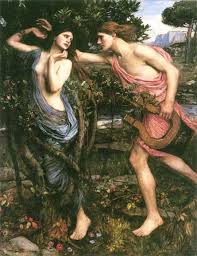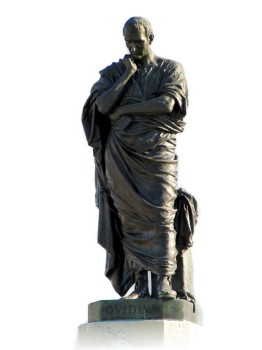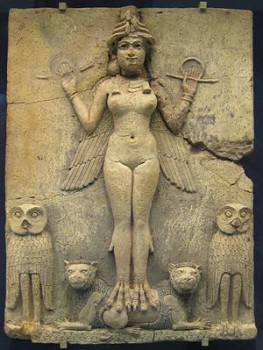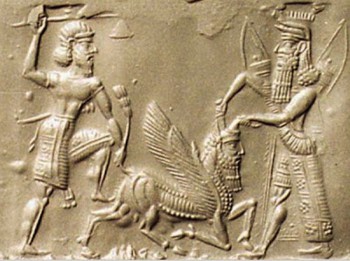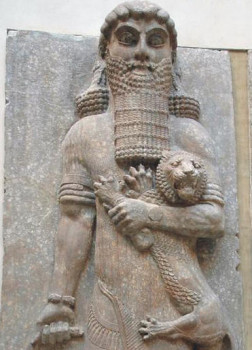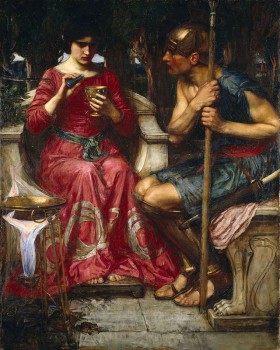Ancient Worlds: Claiming the Lost from the Underworld
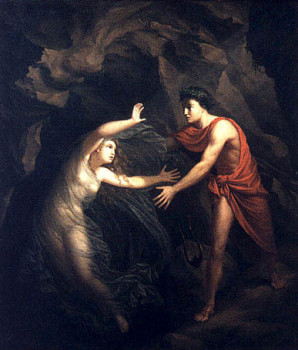
We live in an age of reboots. I for one think this is an excellent thing. Most of the great of history has fallen into the category of reboots, retellings, recapitulations and reimaginings.
Without the concept of fanfic there is no Aeneid, and while many a college Sophmore may rejoice at that idea, world literature would be the poorer for it. That is, as well, what Ovid is doing with the Metamorphoses. He’s compiling and retelling, weaving several hundred different strands together into one long rope of story. And that work is still bearing fruit today.
One of the better and most wideley known tales that Ovid retells is the myth or Orpheus. This one is so commonly read that I’ll just sketch down the bones here: Orpehus was the greatest musician who ever lived. He was married to a young woman named Eurydice, but she died very soon after the wedding. Heartbroken, he made his way down to the Underworld, and with the power of his music, convinced Hades and Persephone to let Eurydice come back to the light. They agreed, the only time in all of history they have done so, because they were so moved by his music. But there was a condition: Eurydice would follow him up to the surface, and he couldn’t look back once.


